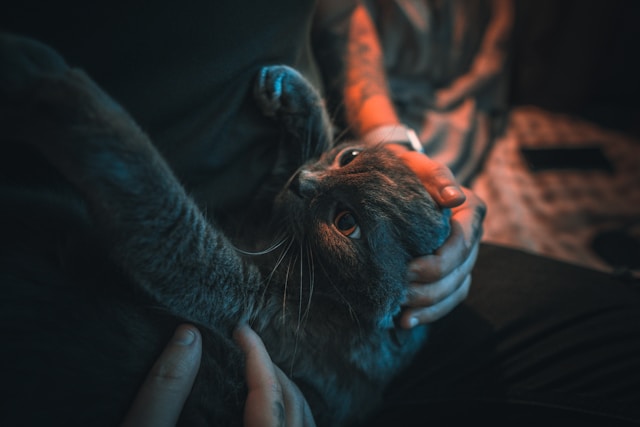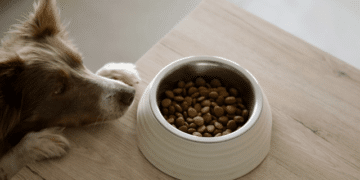Losing a loved one is never easy, and for pets, the impact can be just as profound. Many animals form deep emotional bonds not only with their human family members but also with other household pets. When one of those connections is broken, the surviving pet may experience grief in ways that can be both emotional and physical.
Understanding how to help a grieving pet after a loss is an essential part of being a responsible and compassionate owner. By recognizing the signs of mourning and offering support, you can guide your furry companion through a difficult transition and help them find comfort again.
Recognizing Signs of Grief in Pets
Pets express grief differently than humans, but their pain is very real. Some of the most common signs of mourning include:
-
Changes in appetite – Your pet may eat less or even refuse meals.
-
Withdrawal or clinginess – Some pets prefer to be alone, while others seek constant comfort from their owners.
-
Restlessness – Pacing, searching, or waiting by doors and windows for their lost companion.
-
Sleep disruptions – Difficulty resting or oversleeping as a way of coping.
-
Increased vocalization – Whining, howling, or excessive meowing can be a sign of confusion or sadness.
Recognizing these behaviors early allows you to respond with compassion and patience.
How to Support a Grieving Pet
Every pet grieves in their own way, but consistency, comfort, and reassurance can make the process easier.
Maintain Daily Routines
Sticking to your pet’s normal feeding, walking, and playtime schedule gives them a sense of stability. Predictability provides reassurance during uncertain times.
Offer Extra Comfort and Affection
Spend more time with your grieving pet. Gentle cuddles, petting, or simply sitting nearby can help them feel safe and supported.
Encourage Play and Exercise
Physical activity is a natural stress reliever. Take your dog for extra walks or introduce engaging toys for your cat. Keeping them active helps shift focus from sadness to stimulation.
Provide Companionship
If your pet is struggling with loneliness, consider introducing new forms of socialization. This could be more time outdoors, playdates with other pets, or extra interaction with family members. Introduce any new pet companions slowly and thoughtfully never as a quick replacement for the one they lost.
Monitor Their Health
Emotional stress can sometimes affect physical health. If your pet refuses food for several days, loses weight rapidly, or shows signs of illness, consult a veterinarian for professional advice.
When to Seek Professional Help
Most pets begin to adjust over time, but some may struggle with prolonged grief. If your pet’s behavior becomes extreme such as constant refusal to eat, destructive habits, or severe withdrawal it may be time to seek professional help.
Veterinarians can rule out underlying health conditions, while animal behaviorists may provide guidance on helping pets cope with loss more effectively.
Creating Healing Spaces for Your Pet
A comforting environment can make grieving easier.
-
Keep familiar items: blankets, toys, or beds that still carry the scent of the lost companion.
-
Gradual changes: avoid rearranging furniture or routines too suddenly, as this can add confusion.
-
Memorial spaces: some owners find it healing to create a small corner with photos or keepsakes of the lost pet. This not only honors the memory but can provide closure.
These small gestures give pets a sense of continuity and security during a time of change.
Final Thoughts
Helping a grieving pet after a loss requires patience, empathy, and love. Just like humans, animals need time to adjust when someone close to them is gone. By maintaining routines, offering comfort, and watching for signs of distress, you can make the healing journey smoother.









